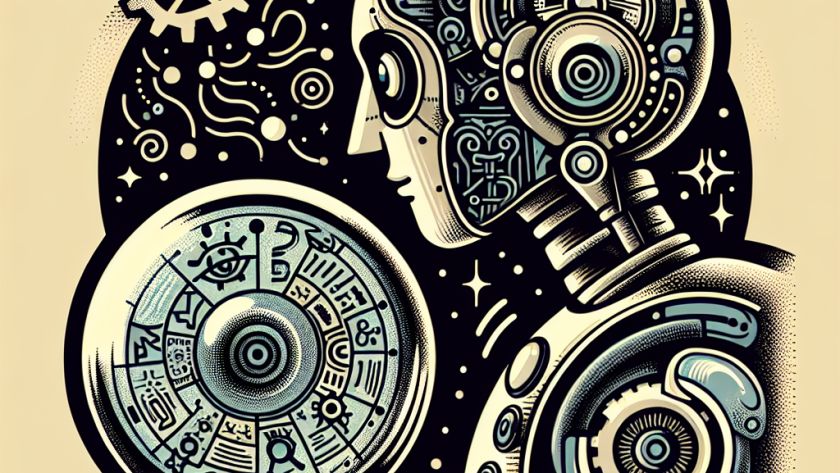AI startup EvolutionaryScale has launched ESM3, a transformative generative language model focused on “programming biology”. With a 98-billion parameter count, ESM3 leverages artificial intelligence (AI) to generate and prototype new proteins. The company's main focus is on proteomics, which involves studying the function, composition, structure, interactions, and cellular activities of proteins present in a biological…






